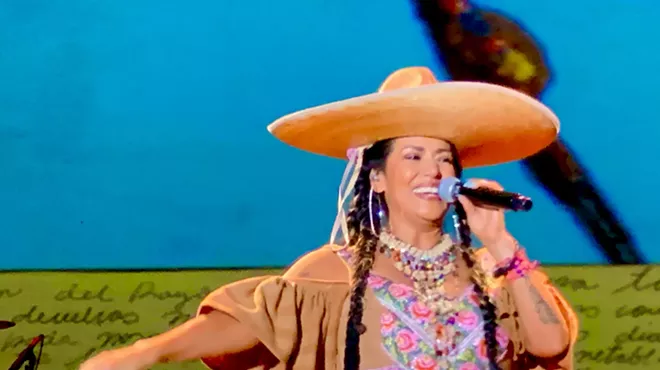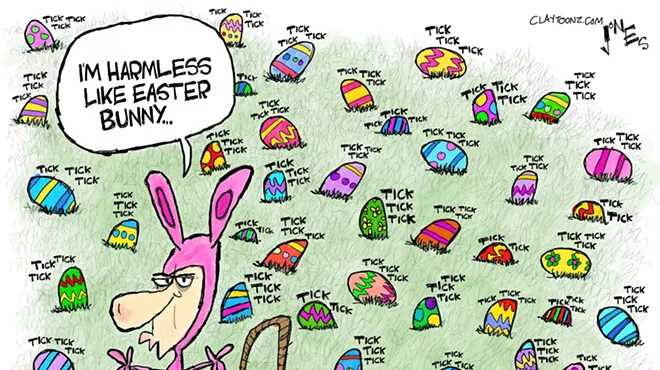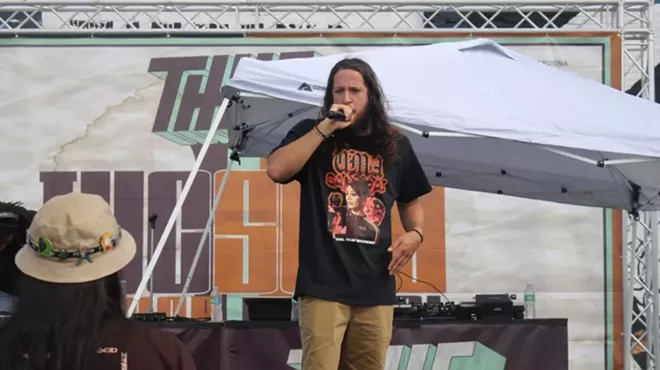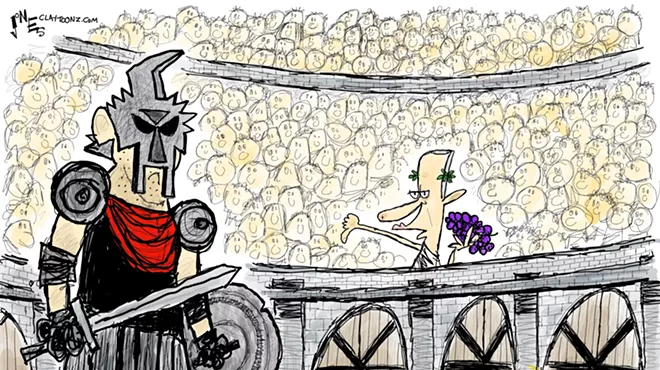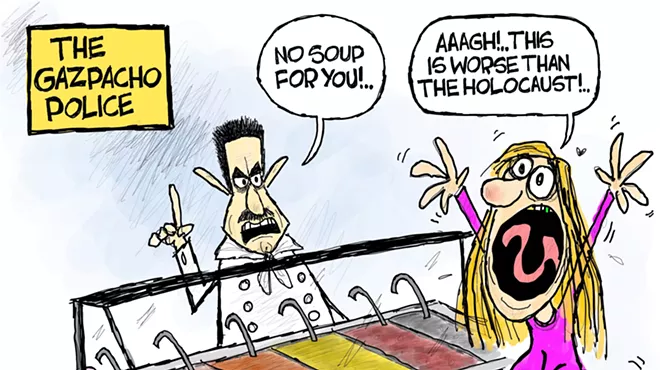Tuesday, July 28, 2015
The Final Chapter of Pinhead
In the vast and twisted world of the horror gene there is a diverse and potent selection of ingredients to induce a nightmare. From slashers, to the supernatural, to creature features, zombies and all things beyond the grave, horror is a creative insight into the subjective nature of fear. Hell can look and feel like a lot of different things. Most of the monsters and ghoulies and people that scare us do so because they want, will or are currently trying to eat, maul, sacrifice or vamp us. Or else, they represent something inside in the dark bowels of human nature that frightens us of one another.
In the proud and spooky hall of genre icons, one big bad shines out for his kind of intellectual way of enjoying our sweet sufferings.
Pinhead, of Clive Barker’s horror-novel-verse and the Hellraiser film series, has been a staple of horror since he first stepped into this dimension in the 1986 novella, “The Hellbound Heart.”
After watching the rock star of the Cenobites completely tear souls apart with ripping hooks, chains and painful flesh removal throughout his long residency in books, films and comics, it’s hard to remember he was once just a couple of sentences.
Barker has always been open about his own surprise at the Pope of Hell’s journey to fame. He really hadn’t intended “Pinhead” to become a big star but he has sure been living with the monster all these long years. Pinhead was a bit of a puzzle box himself for his creator, Barker becoming synonymous with him above all his other works. ("Books of Blood" is a close second.)
Now, 25 years later, Barker has written one final Pinhead story, the last of the sadomasochistic hell priest in his erotic, twisted canon. “The Scarlet Gospels,” Barker’s long awaited new novel, left readers in a living Hell waiting years for him to write the long promised death of Pinhead. Released May 19, the novel marks Barker’s return to adult fiction and is the first sequel he has actually ever written to his original novella.
In a May article with Rue Morgue magazine, Barker spoke about his long promised plans of killing off his iconic and defining character.
“I wanted this bastard to go out with an undignified end. I did not want him to be given some clever, rhetorical ending. I wanted him to get the ending that he deserves. He’s a villain. Let’s not forget that.”
The book promises Barker’s visceral prose, circa “Books of Blood”, and pits Pinhead against another of his definitive characters, supernatural detective Harry D’Amour.
I can’t say much more on the plot because, well, I haven’t read it yet. I HAVE been following the action on the horror forums and have been hovering my mouse over it tentatively on Amazon for a few days now. Sigh, what kind of delightful horrors await me there?
My writing career, that is the beginning of my published work, began with my first successful blog, Girl on Gore. I really just needed a place I could blab about horror movies with other nerds. I did pretty well, got an award from a fellow horror blogger, always had discussions on my posts and got to blab all I wanted about horror mythos and Italian Giallo directors. I never once had anyone ask me about Al Gore or global warming, so, I would say I curated a pretty appropriate selection of horror topics.
I haven’t done that in a long time, so last time I hovered over the book, trying to decide if I should throw caution to the wind and buy it right before rent, I decided to give this one a go. I mean, it sounds like it really is the definite last word on Pinhead by Barker. I’m sure I’m not the only once devoted horror blogger who wanted some last word too.
I respect why he is putting Pinhead to rest. I get it. Right here in this very post, I give a prime example of Barker’s disconnect and the manipulation/development of the Cenobite. “Pinhead” was never a name of Barker’s design. Originally, he was simply referred to as Lead Cenobite or Priest. Pinhead is the name the makeup team on the set of the 1987 film Hellraiser, gave him to identify him from the rest of his creepy entourage. He was never happy with it. He had designed a villain who was separate from the wise-cracking or mute slashers (like Freddie Krueger and Michael Myers) that dominated genre films of the time. Pinhead was “undignified” in Barker’s eyes.
The name wasn’t the only piece of his character that faced integral changes. This is undeniably an iconic character, sure, but some of the Hellraiser films are undeniably shit. I kind of wish “Hellworld” and “Revelations” would die as permanently as the Hell Priest, his proper name in the new book, has in “The Scarlet Gospels.” Pinhead digressed from Barker’s original visions quite a bit over time. The first Hellraiser film was Barker’s own adaptation of his book, but Pinhead would go down lots of different paths sans Barker as time moved on. Again, our little demon to some, angel to others grew a lot from his humble infancy as a briefly mentioned, four sentences in “The Hellbound Heart.”
I imagine this being some kind of monumental, spiritual experience for Barker. Or at least it is for the fans. This novel seems to be a ritual cleansing for both the character and author. Writing the Hell Priest authentically, honestly and as intended, is like setting his soul free, or well, maybe setting free the souls of bad actors he killed in lesser films of the series.
The end of Pinhead is a strange sentence to write. It sounds kind of genre changing when you put into scope how much Barker has influenced the genre and the cult legacy of Pinhead. I think it was pretty big of Barker to put Pinhead out as humanely as possible, considering that he showed so little mercy as he sunk pounds of hooks and chains into people. Humane, only being that the character gets to go out now on Barker’s terms.
It feels like Barker needed and deserved to get Pinhead back, and this was the only way to do it. I haven’t read it yet, but I’m pretty sure the new book will provide all the closure anyone needs. A proper end to an intellectual antagonist that’s a roller coaster ride through the darkest pits of Hell.
To Mr. Barker, I say, I am happy to see you working in your grown-up scares universe again.
To you, Pinhead, I say goodbye, I mean, to you, Hell Priest. The little marker I have reserved in my fan girl heart for you would probably be some of your own very scary words.
…Such sights to show us indeed.
Tags: Pinhead , Clive Barker , Girl on Gore , The Scarlet Gospels


